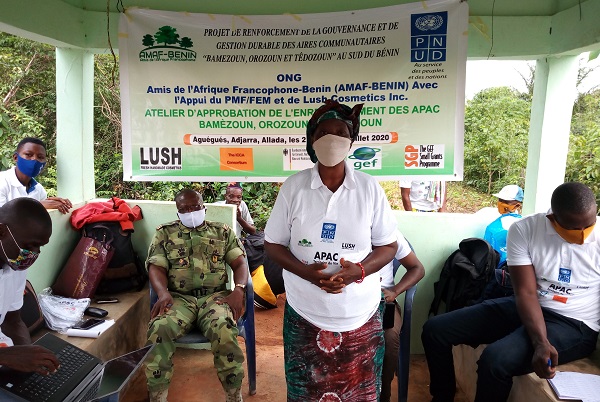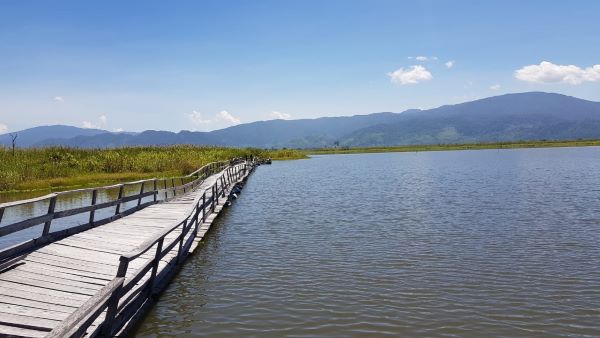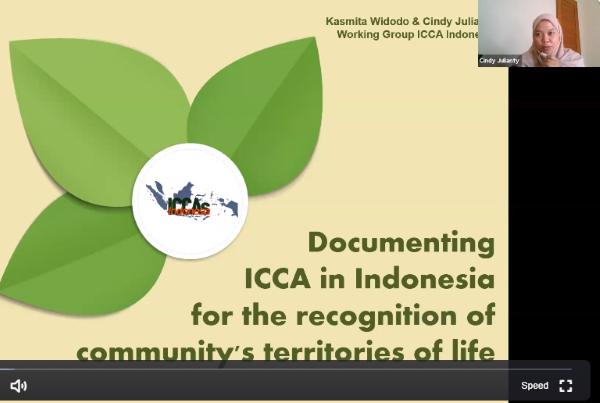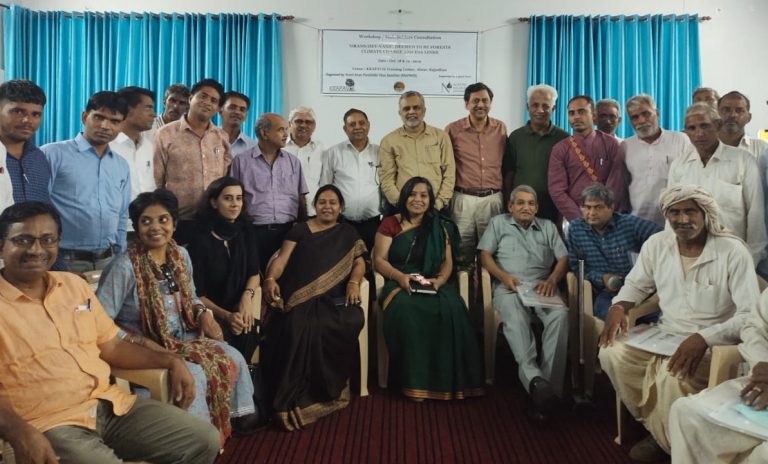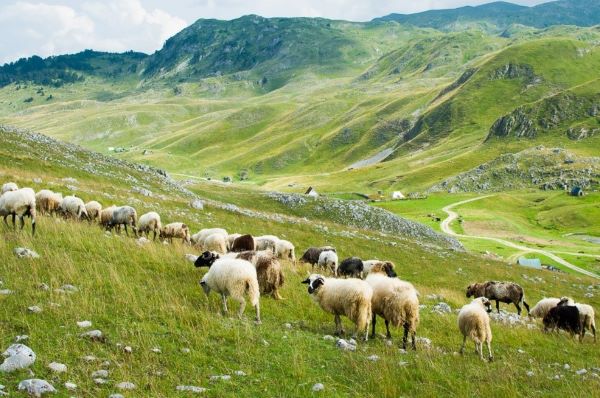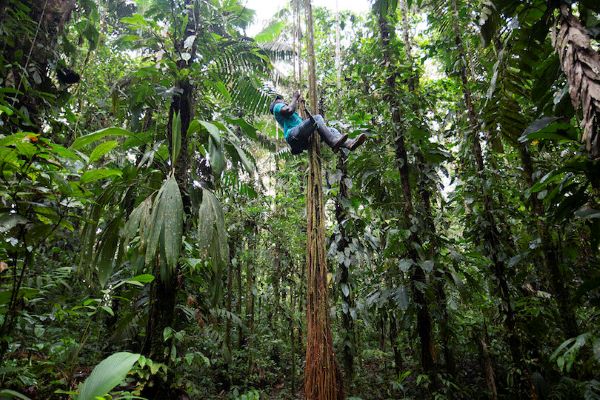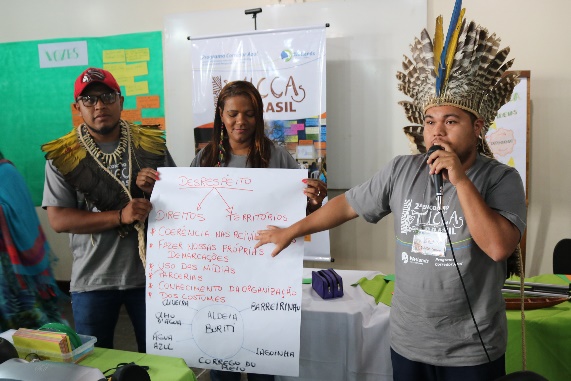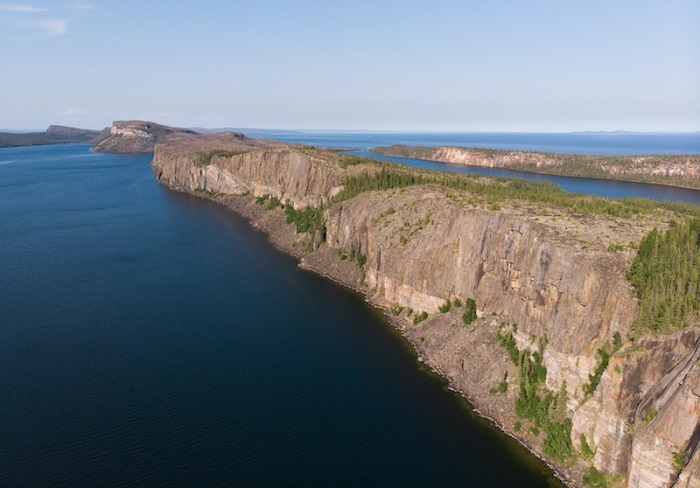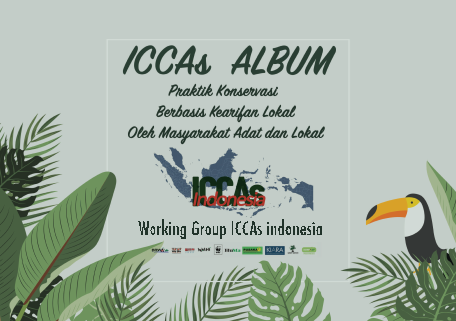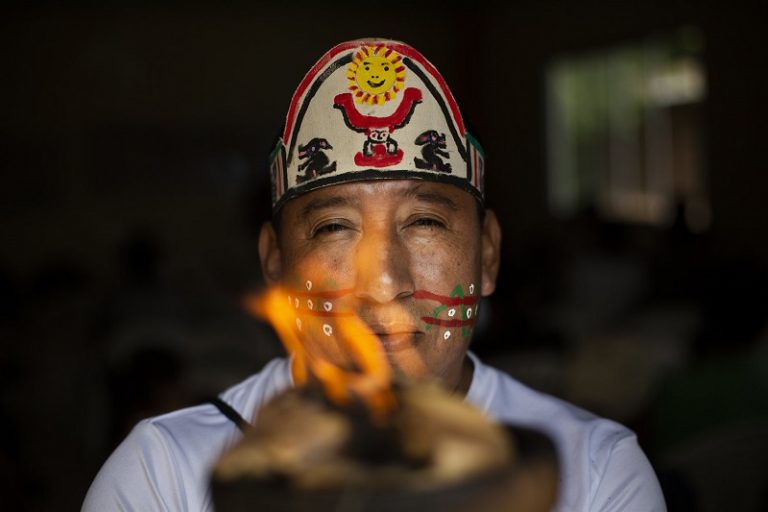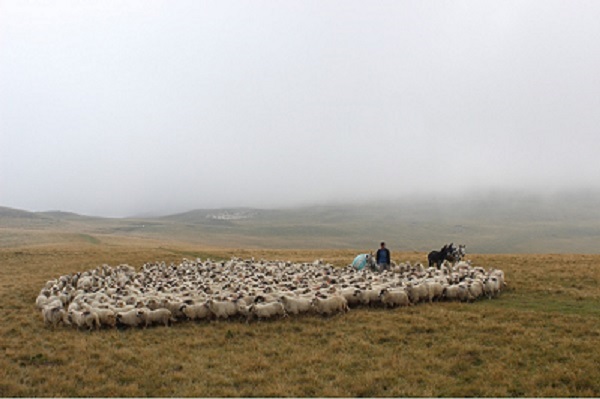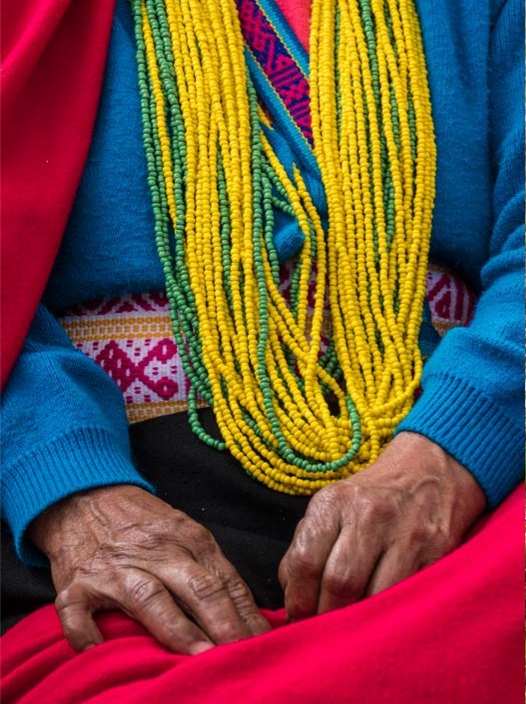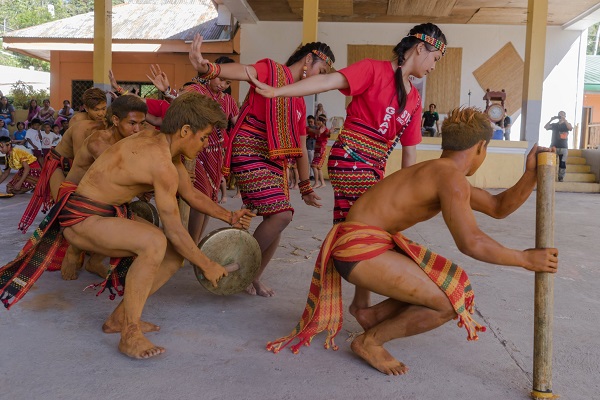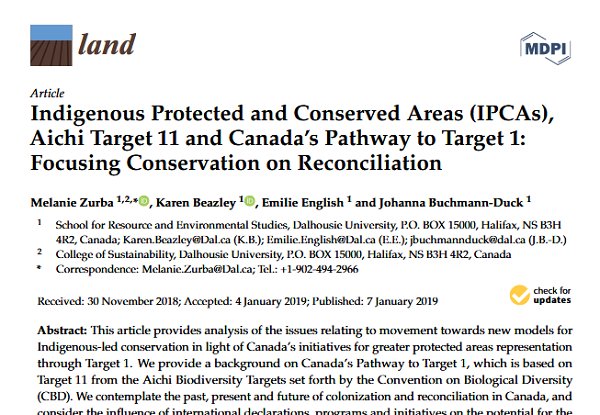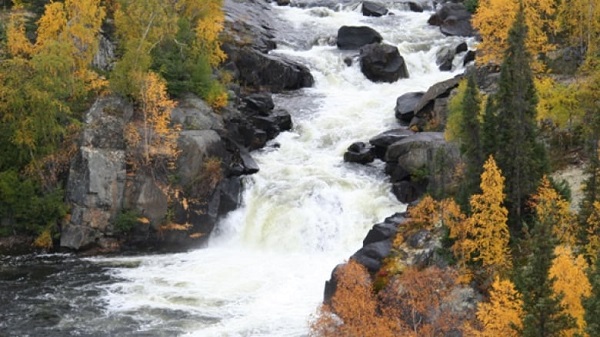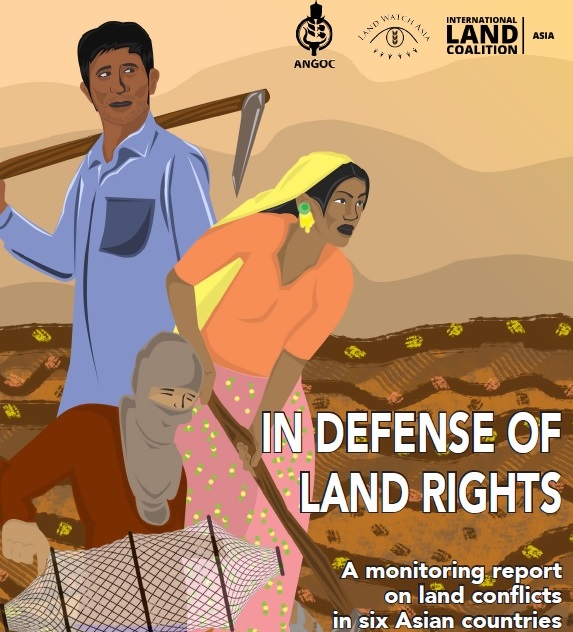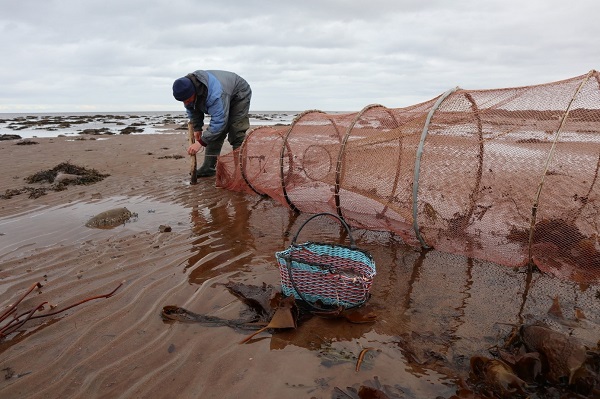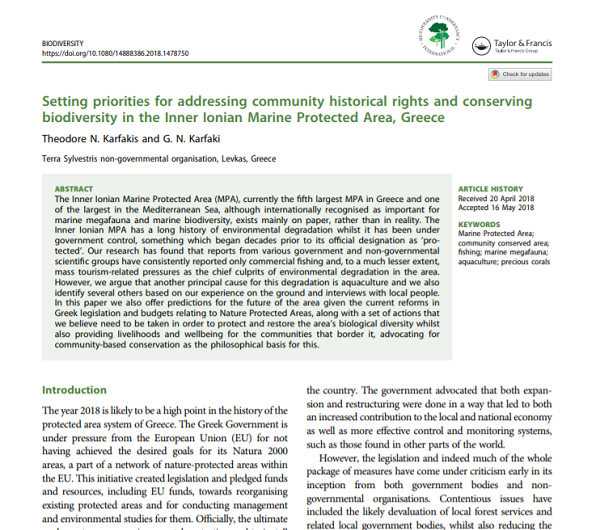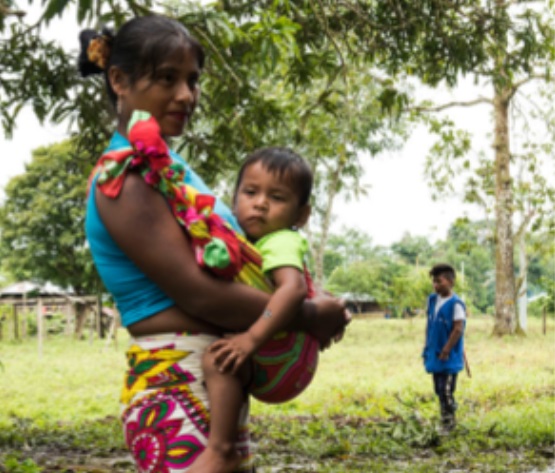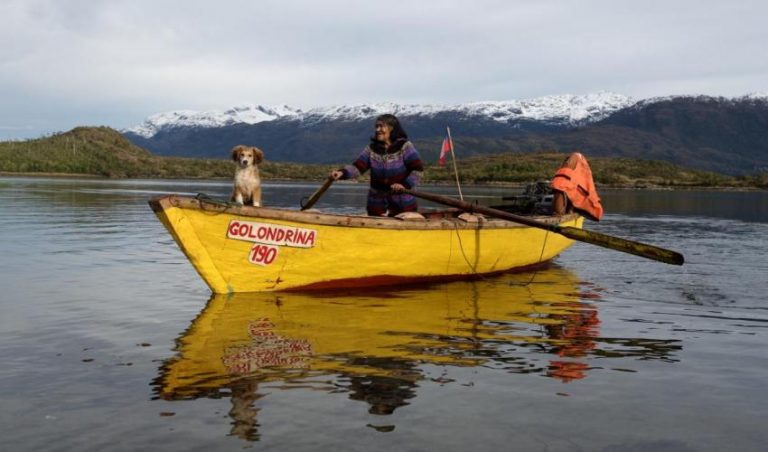The conservation practices of indigenous peoples and local communities depend on an astonishing variety of meanings and values related to concepts such as “nature”, “environment” and “conservation”, a variety that underpins the relations between humans and nature that find expression in diverse ICCAs all over the world. While all ICCAs include precious bio-cultural diversity conserved in a voluntary and self-organised way, the related beliefs, practices, and institutions are context-specific. Moreover, as socio-cultural phenomena, ICCAs change in tune with history and society. Through time, some disappear, others survive in old or new forms, and some emerge anew.
Throughout the world, the systems by which contemporary indigenous peoples and local communities govern and manage their natural resources are a blending of old and new knowledge, practices, tools and values of different origin. In the struggle to cope with the scale and pace of socio-cultural change – from monetarization and globalisation of the economy to the expansion of government control to remote areas – some ICCA institutions have been de jure replaced by state governance … but remain de facto alive and effective. This is the case of communities that live in state forests, for instance, but have de facto maintained their customary governance systems. In other cases, change has been powerful enough to affect the community’s capacity to govern and manage land and natural resources in a sustainable way: customary institutions have broken down or have been replaced by state or private institutions, and genuine local ICCAs are just a memory. Yet in others, even overpowering change has been unable to destroy them: innovative, more complex ICCAs have emerged from the pre-existing ones.
In this page you will find many accounts of ICCAs governed at the interface between traditional and modern institutions. You may also like to visit the page: Historical and cultural roots of ICCAs

